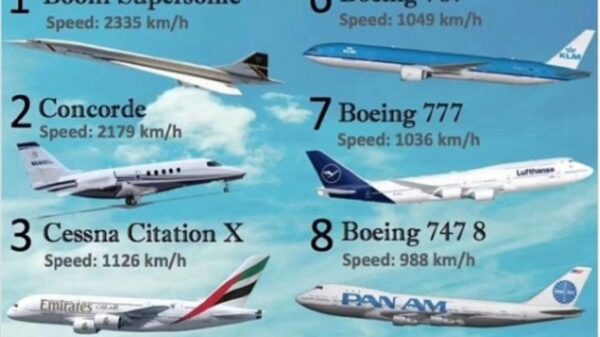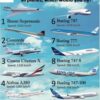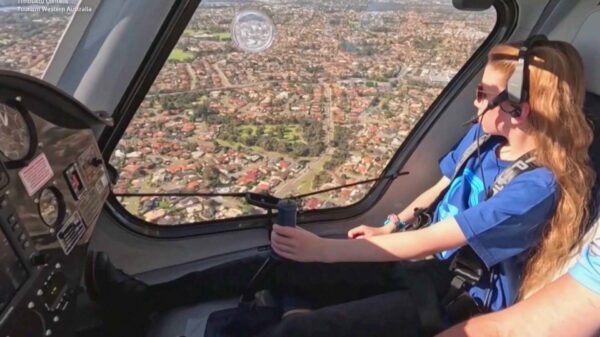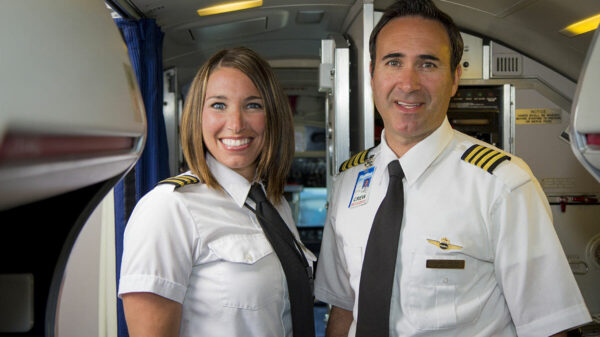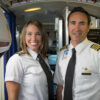In a groundbreaking move for aviation, a company recently achieved a significant milestone: they successfully flew a Cessna 208b Caravan without a single human onboard.
The video footage captures this pivotal moment where the pilot controlled the plane from a remarkable distance of 50 meters. The entire journey, from taxiing, takeoff, cruising, and landing, unfolded in an astonishingly brief 12 minutes.
Pioneering Remote Operation
While this isn’t the first instance of flying a smaller plane without a pilot, it marks a watershed moment for the aviation industry. This remarkable flight, conducted by a private company, represents the maiden attempt at remotely operating a cargo plane of this magnitude.
In a conversation with industry experts, it becomes evident that the relocation of the pilot from the aircraft into a centralized control center necessitates a significantly advanced navigation system. This system not only enables remote takeoff and landing but also tackles critical phases of flight such as taxiing—a stage where numerous accidents in small aircraft occur.
Enhancing Safety and Efficiency
The company behind this innovation stresses that a sophisticated automated system like theirs can potentially revolutionize aviation safety. They assert that a vast majority of accidents in small aircraft are attributed to challenges encountered during critical flight phases. Their cutting-edge technology aims not only to save lives but also to prevent mishaps, paving the way for a safer aviation landscape.
Moreover, while the initial focus of deploying this system remains on cargo transportation, the company envisions a broader application in the future. Their ultimate aspiration extends beyond cargo, harboring hopes of adapting this technology for passenger travel.
The Future of Flight
Looking ahead, the implications of this achievement are immense. With the successful demonstration of pilot-less flight for cargo, the tantalizing prospect of one day transporting passengers through this innovative system becomes increasingly plausible.
As this technology evolves and matures, the potential benefits for the aviation industry become clearer. Imagine a future where air travel becomes not just efficient but also significantly safer due to the absence of human error during critical flight stages.
A Leap into Tomorrow’s Aviation
The recent successful flight of a pilot-less cargo plane marks a pivotal moment in aviation history. It symbolizes not just technological prowess but also the potential to reshape the future of air travel. With safety, efficiency, and innovation at its core, this milestone propels us closer to a reality where remote-operated flights could become the norm, fostering a new era of aviation.




